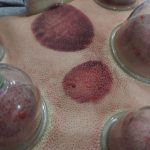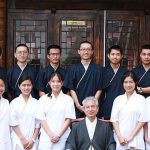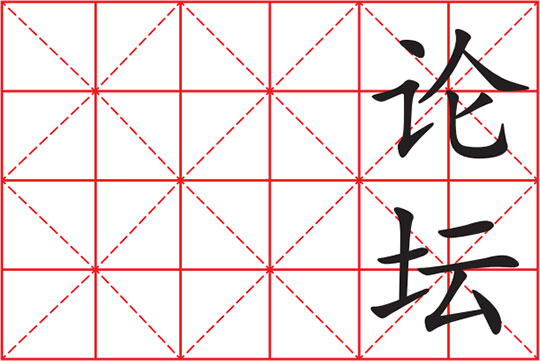
When American swimmer Michael Phelps won a gold medal at the 2016 Olympic Games in Rio, news of the strange, purplish polka dots across his shoulders raced around the world. International press featured reports on the medical treatment of cupping, increasingly popular among Olympians to aid their recovery from strenuous training. The media discussed the resemblance of these spots to love bites (both are created by suction), their value as a fashion statement (celebrities such as Gwyneth Paltrow and Victoria Beckham have been sporting them as well), and the pros and cons of cupping as medicine. Advocates of alternative medicine claim that, among other things, it detoxes the body, improves blood circulation, cures skin conditions and respiratory ailments, and boosts autoimmune response. David Colquhoun, professor of pharmacology at University College London, has described such claims as ‘desperately implausible’, though. He told The Independent: ‘There’s no science behind it whatsoever. There’s some vague conceptual connection with acupuncture, and is often sold by the same people. But how could it possibly do anything? It’s nonsense.’1






